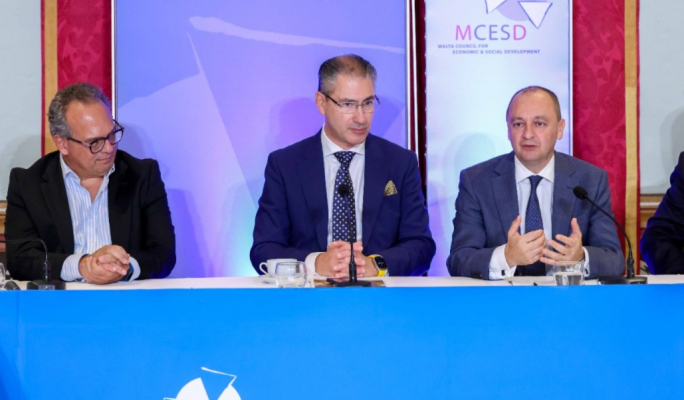The Government of Malta, in collaboration with the Malta Council for Economic and Social Development (MCESD), has announced a research initiative aimed at optimizing the use of Artificial Intelligence (AI) within Maltese businesses and the labor market. This decision was made following a request from Parliamentary Secretary for Social Dialogue Andy Ellul during the recent MCESD meeting.
During the session, participants unanimously recognized the necessity for Malta to prepare for the transformative changes brought about by AI across various sectors. This research study is positioned as a critical step in assessing these changes and their implications for the Maltese economy and workforce.
Ellul emphasized the ongoing development of skills among Maltese and Gozitan workers, supported by various government initiatives aimed at enhancing workforce capabilities in the age of AI. He highlighted the productive discussions that took place at the MCESD meeting, noting the proactive involvement of social partners and the importance of constructive dialogue in shaping effective policy responses.
Industry Impact
Ellul articulated that this study is part of a broader strategy to understand the influence of AI not only on the labor market but also on national economic frameworks. He pointed to AI’s role as a foundational element in the government’s long-term vision, particularly regarding trends like increased remote working and the Right to Disconnect. These aspects reflect a commitment to enhancing work-life balance amidst technological advancements.
“The Government plays a crucial role in facilitating discussions on these pertinent topics, which directly affect the lives of individuals and workers,” Ellul stated. He acknowledged that while opinions may vary, the dialogue surrounding these issues is essential for societal progress.
Social partners participating in the meeting recognized that AI presents both opportunities and challenges for the Maltese economy. While it has the potential to significantly enhance productivity and operational efficiency, it also raises concerns, particularly regarding algorithmic transparency and the widening skills gap, which tends to disproportionately affect older workers.
Next Steps
In light of these findings, the partners stressed the importance of educational initiatives that expose students to digital tools while fostering critical thinking skills. Such measures are deemed necessary to ensure that Malta remains competitive and resilient as technological advancements continue to unfold.
As the research study commences, it will likely play a pivotal role in informing policymakers and business leaders about the strategic integration of AI in ways that benefit both the economy and the workforce. With AI poised to reshape various sectors, Malta’s proactive approach could serve as a model for other nations navigating similar transitions.
See also Palo Alto Networks’ $3.35B Chronosphere Deal and AI Innovations Position It for Quantum Cybersecurity Leadership
Palo Alto Networks’ $3.35B Chronosphere Deal and AI Innovations Position It for Quantum Cybersecurity Leadership GeekStake Launches AI-Driven Market Stability Feature to Enhance Staking Resilience During Volatility
GeekStake Launches AI-Driven Market Stability Feature to Enhance Staking Resilience During Volatility Theologian Urges Catholic Bishops to Address AI’s Ethical Risks and False Comforts
Theologian Urges Catholic Bishops to Address AI’s Ethical Risks and False Comforts Microsoft AI CEO Mustafa Suleyman Critiques Cynicism Surrounding AI Advances
Microsoft AI CEO Mustafa Suleyman Critiques Cynicism Surrounding AI Advances





































































